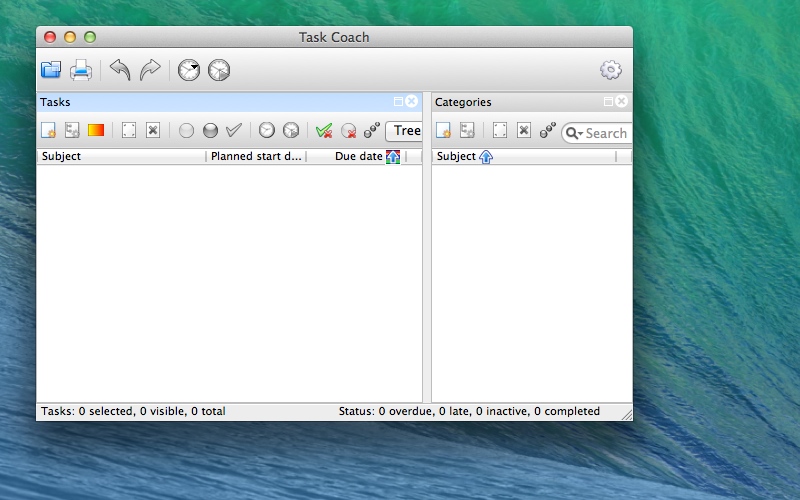

“Start with assuming positive intent,” says McGregor. She might be slow because she’s waiting on late work from other team members, or she may not even realize that she’s not meeting expectations. Your employee might be struggling with a new task, or be so much of a perfectionist that she’s devoting too much time to certain projects. Don’t go into the conversation with preconceived ideas. But even if you have an idea of the root of the problem, the best path forward is to simply ask. There can be so many different reasons why someone is slower than you would like. “You want to be a partner in the improvement process,” she says, and show the employee that working more quickly is also about making him the most successful employee he can be - which is good not only for his work product but for his advancement. “When everyone is under pressure to deliver, anything that is holding a team back can become really demotivating.” Yet scaring people into speeding up will only end up backfiring, says Elizabeth Grace Saunders, a time coach and the founder of Real Life E Time Coaching & Training. So what do you do if you have a tortoise on your team? How do you diagnose why he takes so long to get his work done? And how do you then help him understand the importance of picking up the pace - and support him in doing so?Ī slower worker doesn’t just reduce a team’s productivity - he can also hurt his colleagues’ morale, says Lindsay McGregor, the coauthor of Primed to Perform and co-founder of Vega Factor. We’re all expected to do more in less time. There is no doubt that the pace of work everywhere has increased.


 0 kommentar(er)
0 kommentar(er)
